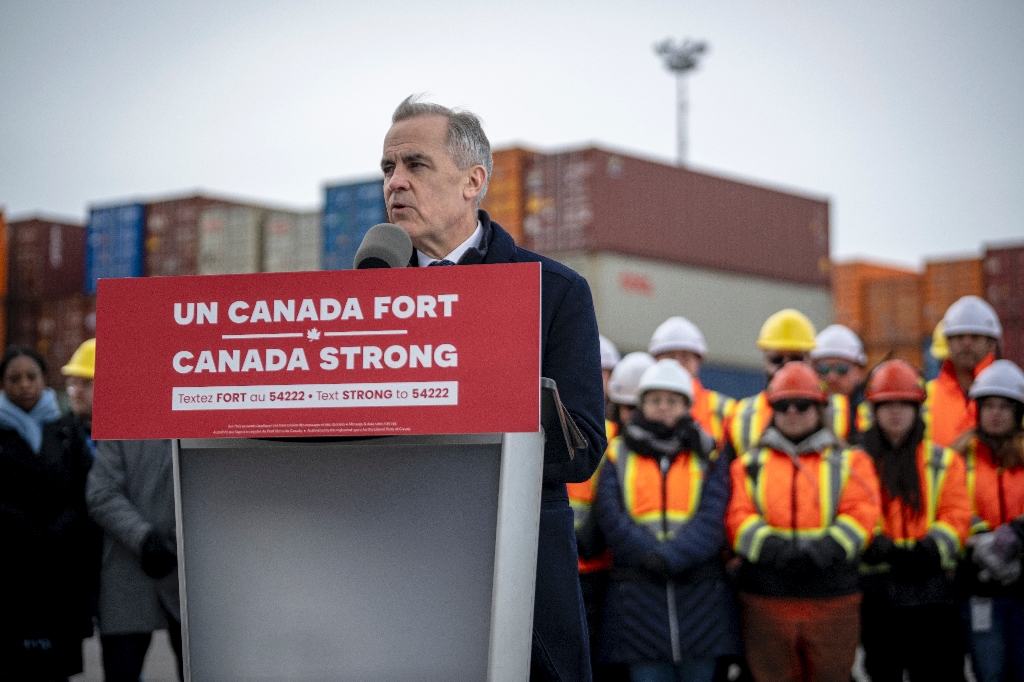The United States accused Iran on Monday of “actively facilitating” attacks on US forces in the Middle East as it confirmed it had sent a small number of military advisors to Israel.
US concerns have been rising about the potential for escalation of the war between Israel and Hamas militants, although Washington has rejected calls for a ceasefire as it says that ally Israel has a right to self-defense.
“Iran continues to support Hamas and Hezbollah, and we know that Iran is closely monitoring these events and, in some cases, actively facilitating these attacks and spurring on others who may want to exploit the conflict for their own good or for that of Iran,” National Security Council spokesman John Kirby told reporters at the White House.
“We know Iran’s goal is to maintain some level of deniability here, but we’re not going to allow them to do that,” Kirby added.
Until the flareup in violence, President Joe Biden’s administration had hailed a period of relative calm with pro-Iranian militias in the region following quiet talks between US and Iranian officials.
But since Wednesday, at least five rocket and drone attacks have targeted three Iraqi military bases where American troops are stationed as part of the international coalition set up to fight the Islamic State group.
Iran’s Shiite clerical leaders support Hamas as well as the Lebanese Shiite movement Hezbollah, Shiite paramilitary groups in Iraq and Yemen’s Huthi rebels.
A senior US defense official said Monday that the situation could get significantly worse.
“We see a prospect for much more significant escalation against US forces and personnel in the near-term,” the official told journalists, characterizing the recent spike in attacks as “efforts by Iran and Iran proxy forces to seek to escalate this conflict.”
– No call for ceasefire –
The United States has promised major defense aid to Israel since the October 7 assault by Hamas militants. Kirby confirmed that the United States has also sent a “few” military advisors to Israel.
The officers have experience in “the sorts of operations that Israel is conducting, and may conduct in the future” and were “over there to share some perspectives,” Kirby said.
Israeli officials say more than 1,400 people have died, mostly civilians, in the worst attack since Israel’s creation in 1948.
In Gaza, the Hamas-run health ministry says more than 5,000 people, most of them also civilians, have been killed during Israel’s retaliation.
With conditions dire in Gaza, European Union foreign policy chief Josep Borrell said Monday that he expected the bloc’s leaders to call jointly for a “humanitarian pause” to let in assistance.
The United States rejected calls to pause operations.
A ceasefire would “give Hamas the ability to rest, to refit and to get ready to continue launching terrorist attacks against Israel,” State Department spokesman Matthew Miller told reporters.
“You can understand perfectly clearly why that’s an intolerable situation for Israel, as it would be an intolerable situation for any country that has suffered such a brutal terrorist attack and continues to see the terrorist threat right on its border,” he said.
Miller said that the United States was separately working to ensure a flow of humanitarian relief into Gaza, with a US envoy, David Satterfield, on the ground working “intensively” on aid.
President Joe Biden on a visit to Tel Aviv last week pledged full support but also warned Israelis not to be “blinded by rage,” pointing to “mistakes” made by the United States after the September 11, 2001 attacks.
Miller, asked about Israeli strikes in Gaza, said that Israel had a “legitimate right” to strike against “a terrorist organization that has embedded its infrastructure inside civilian buildings” including schools and hospitals.
But he said that the United States was advising that Israel “should do that in a way that minimizes to the maximum extent possible civilian harm.”




